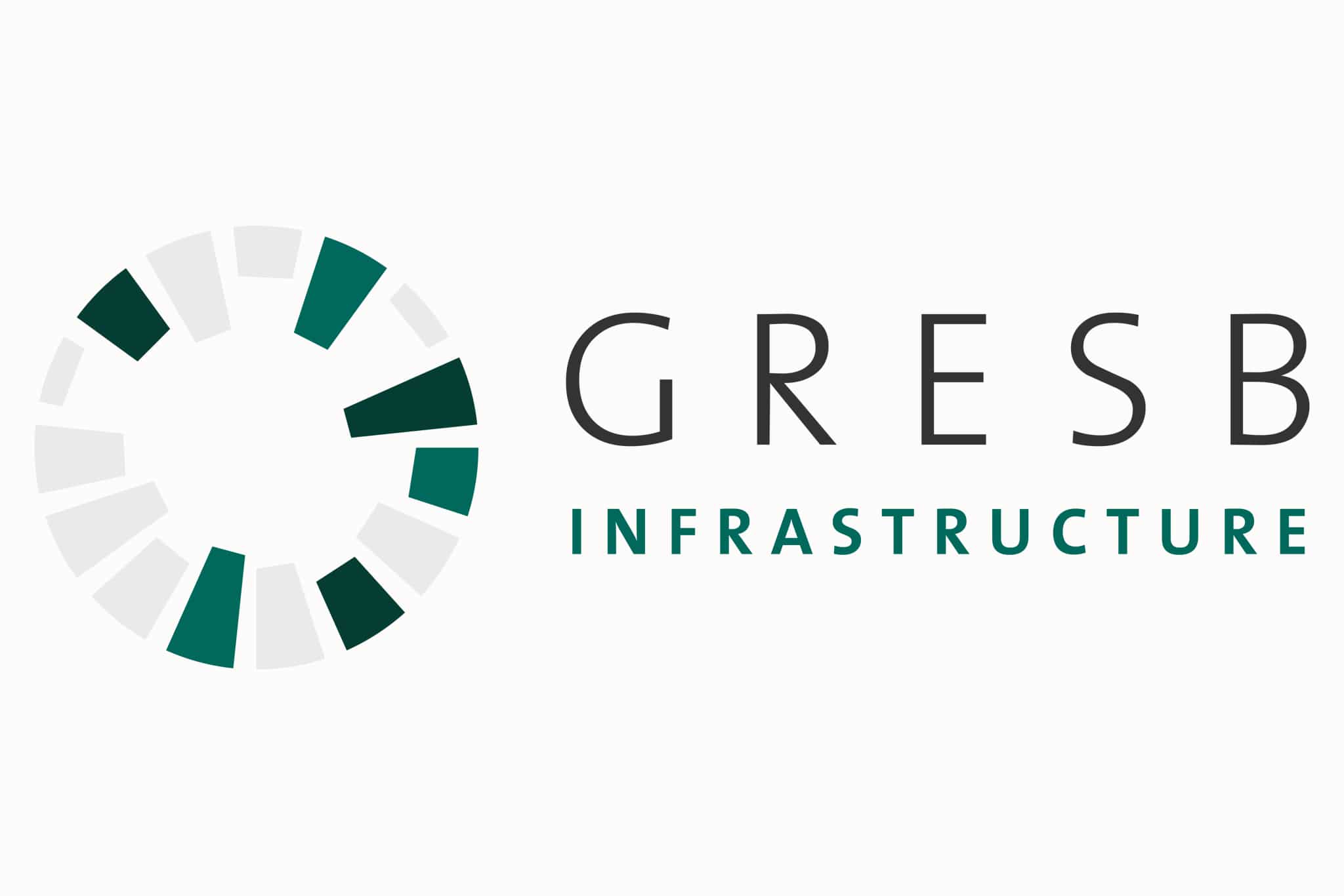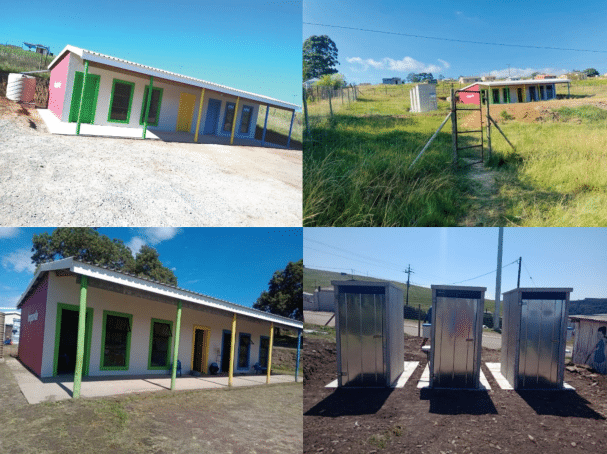Kinland is committed to integrate ESG throughout our investment and ownership activities and work closely with our stakeholders to further our sustainability beliefs

Kinland has adopted the GRESB Infrastructure Asset Assessment framework
As part of Kinland’s ESG commitments, we have adopted the GRESB Infrastructure Asset Assessment framework to assess and benchmark our ESG performance against peers.
Assessments are conducted on an annual basis and are structured into a Management component and a Performance component, each of which are subjected to a multi-layer validation process, scored and benchmarked.
For more information about GRESB and their infrastructure assessments, please visit www.gresb.com

